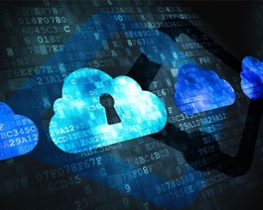
Cost: Many systems are retained because of the cost of replacing them. In particular, back-end processes such as accounting, time management, planning and fixed asset management, may seem low priority changes. However, there is often a cost in not upgrading. The time and effort required to stay competitive in a constantly evolving IT landscape, the ineffective use of resources, and keeping up to date with new government requirements.
Function: All systems should meet the functional needs of a company, and legacy systems will have built up this functionality over time to meet the changing needs of the government contractor. While they may meet the current needs, each new change makes the overhead to an older system more complex, and can shift the focus from fulfilling contracts to running the system. Modern, cloud-based solutions can be more adaptable to changing needs than many legacy systems. Whether it be mobile capabilities for a workforce on the move, or seamlessly working with primes, subcontractors, and partners, or meeting the strict security standards required to keep your critical data safe.
Integration: Business systems do not work in silos, and change to one component should mean a change to all. An upgrade in time management software, for example, may also impact on the payroll, accounting and reporting systems. How well legacy systems cope with this type of integration is a crucial determinant in deciding on an upgrade. Upgrading to an integrated cloud ERP system allows forecasts, plans, policies, and procedures to be associated with transactions to deliver a complete view of business.
If you are considering the options of retaining your legacy systems or upgrading to an integrated ERP solution, you have much to consider. Learn more about why JAMIS Prime ERP could be a good option for your business here.
Link to JAMIS webinar series here.
